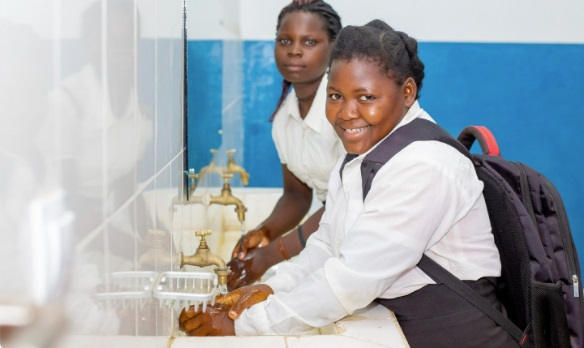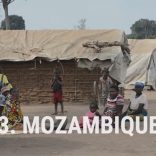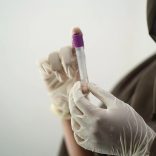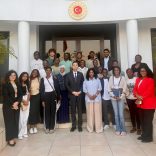Mozambique: The world’s third most neglected displacement crisis in 2024- NRC
Mozambican government and partners design strategies for improved sanitation in schools – AIM

FILE - For illustration purposes only. [File photo: WaterAID Mozambique]
The Mozambican government on Thursday (22) met in Maputo with cooperation partners and civil society organisations to design together strategies to improve water supply, sanitation and hygiene in public schools across the country.
According to the National Director of Water Supply and Sanitation, Raul Muthevue, the meeting meant to materialise one of the Sustainable Development Goals (SDGs) on the need to ensuring inclusive and equitable quality education and promote lifelong learning opportunities for all.
The purpose of the event was also to share experiences, challenges and lessons learnt from partners in the implementation of programmes in schools.
According to Mathevue, access to water, health and hygiene services in schools is crucial as existing data shows that 69 per cent of schools in the country still have no access to drinking water, only 47 per cent have access to basic sanitation and 15 per cent have hygiene services.
This drama is most apparent in primary schools, particularly in rural areas.
“We want to look at the level of growth in our country and reflect on the various needs that we have; firstly on the issue of education, on school infrastructures. Provision of infrastructure must be accompanied by other services, such as water supply, sanitation, energy and other issues which complement the education component,” the source said.
Mathevue was speaking to journalists on the sidelines of a round table to discuss access to water, sanitation and hygiene for Mozambican schools.
“For us, safe education is not just having classrooms, but also all provision of a wide range of other services. Indeed, it’s our duty as public works ministry to bring sanitation and safe water supply to schools,” he added.
According to Mathevue, since the outbreak of the Covid-19 pandemic in Mozambique in March 2020, the Ministry of Public Works, Housing and Water Resources (MOPRH) has built about 700 water supply systems and toilet blocks in some schools in the country.
Besides school infrastructures, Mathevue announced that the government is implementing other initiatives with the support of the African Development Bank (ADB), WaterAid Mozambique, the United States Agency for International Development (USAID), among other partners.
He pointed out water supply and sanitation systems to be implemented in the northern provinces of Zambézia and Nampula, budgeted at 150 million meticais (about 2.35 million US dollars at current exchange rate).
According to Muthevue, the country currently has about 16 percent rural sanitation and about 60 percent in urban areas. Meanwhile, for water supply, the figure is 41 percent for rural areas and about 84 percent for urban areas.












Leave a Reply
Be the First to Comment!
You must be logged in to post a comment.
You must be logged in to post a comment.